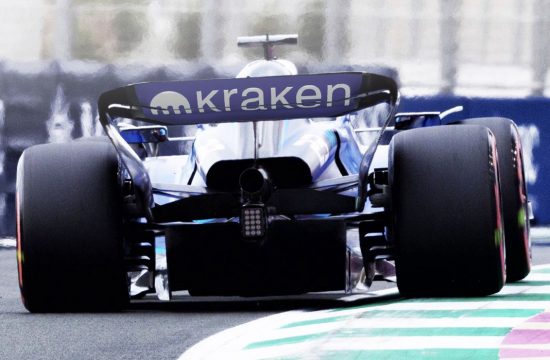 Robo-advisory firm Sarwa has become the first participant to graduate from the Dubai Financial Services Authority‘s regulatory sandbox following nearly 12 months of testing.
Robo-advisory firm Sarwa has become the first participant to graduate from the Dubai Financial Services Authority‘s regulatory sandbox following nearly 12 months of testing.
Sarwa was the first fintech startup to enter the regulatory sandbox program, but the regulator has encouraged firms with innovative ideas to apply for the 2018 winter cohort, which is currently accepting applications through the DFSA website. The list of accepted firms will be finalized on 16 December, after which they may submit an ITL application by 17 January 2019.












